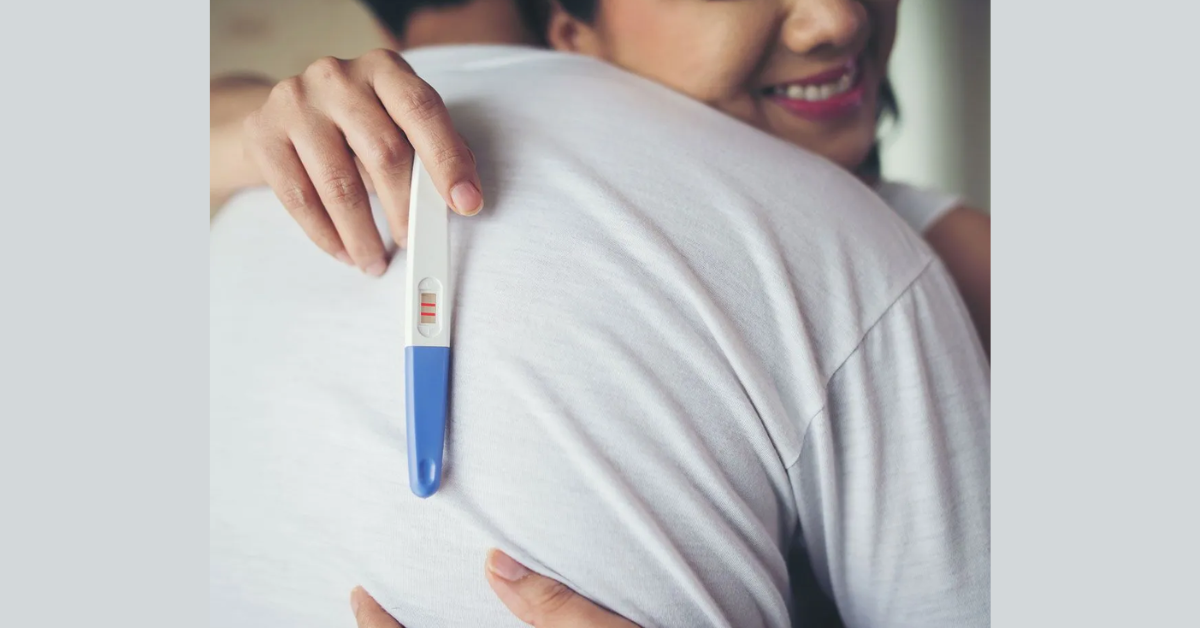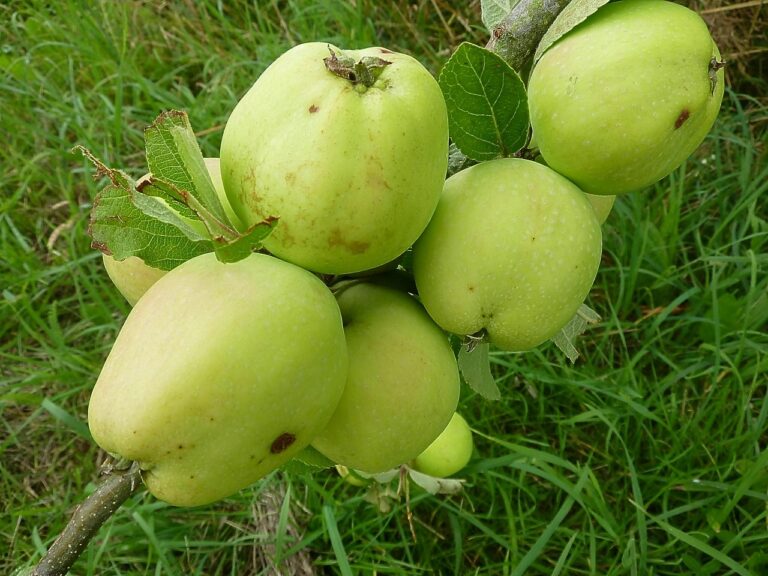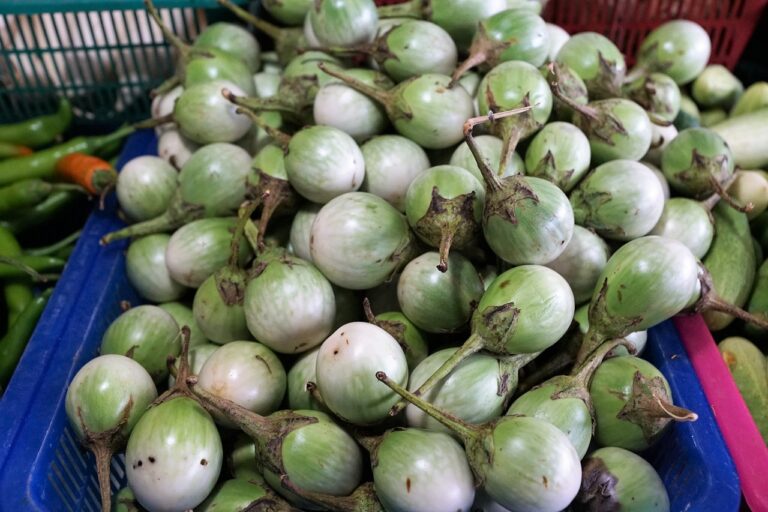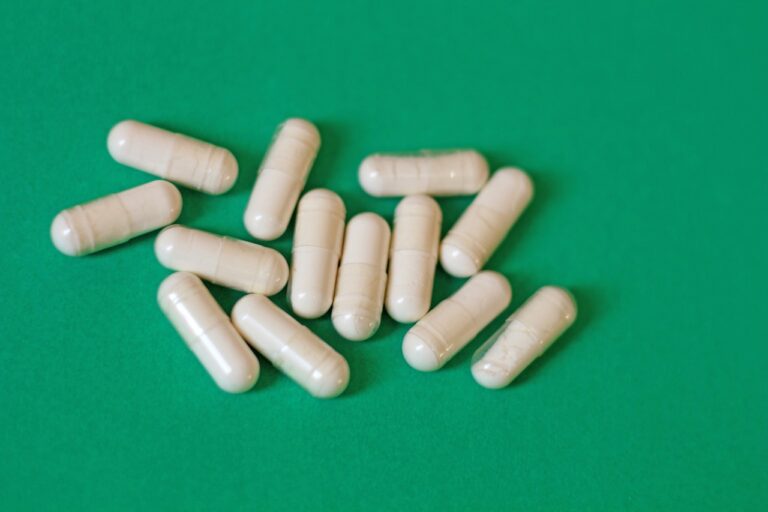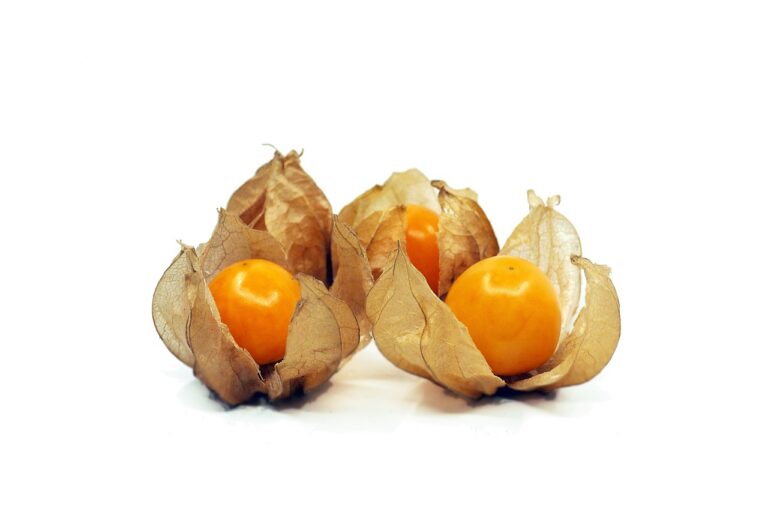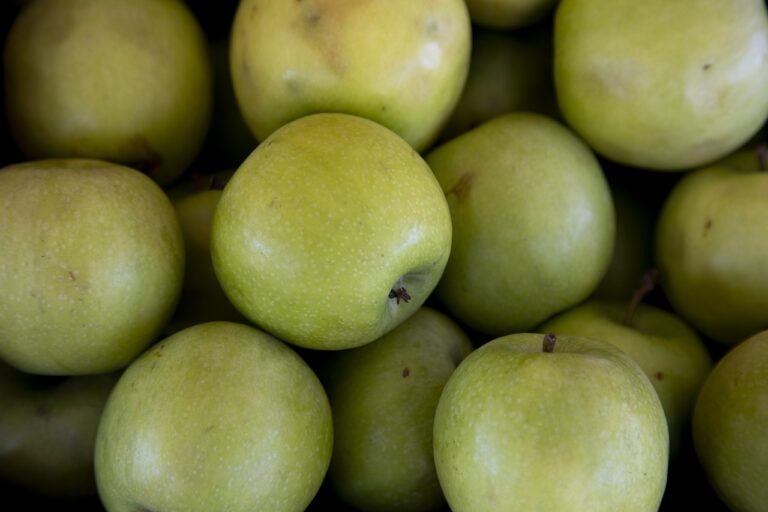Traditional Chinese Medicine (TCM) for Fertility in Singapore: An Ancient Approach to Modern Challenges
Fertility issues can be a deeply emotional and challenging journey for many individuals and couples. While modern medicine has made significant strides in assisting with fertility treatments, an increasing number of people in Singapore are turning to Traditional Chinese Medicine (TCM) as an alternative or complementary approach to enhance TCM For Fertility Singapore and overall reproductive health.
Understanding TCM and Its Role in Fertility
Traditional Chinese Medicine is an ancient healing system that has been practiced for over 2,000 years. It is based on the philosophy of balancing the body’s vital energy, or Qi, and harmonizing the body, mind, and spirit. TCM views fertility as a reflection of the body’s internal balance, and any disruption in the flow of energy or the harmony of organs can affect reproductive health.
The key components of TCM for fertility are acupuncture, herbal medicine, cupping, and dietary therapy. These treatments aim to regulate the body’s energy, improve blood circulation, balance hormones, and enhance the functioning of the reproductive system.
How TCM Helps in Fertility
- Regulating Hormones and Menstrual Cycles One of the most common reasons individuals seek TCM for fertility is to regulate their menstrual cycle. In women, irregular periods, hormonal imbalances, or conditions like polycystic ovary syndrome (PCOS) can significantly impact fertility. TCM practitioners use acupuncture and herbs to stimulate the body’s natural ability to balance hormones, restore regular ovulation, and improve overall menstrual health.
- Improving Sperm Health in Men TCM is not just for women. Men facing fertility challenges, such as low sperm count, poor sperm quality, or motility issues, can also benefit from TCM. Acupuncture and herbs can help improve circulation and enhance reproductive health by promoting sperm production, improving sperm motility, and increasing sperm count.
- Enhancing Blood Flow to the Uterus and Ovaries A vital aspect of fertility in TCM is the blood’s ability to nourish the reproductive organs. Acupuncture treatments are designed to improve blood flow to the uterus and ovaries, helping to create a more favorable environment for conception. This can be especially helpful in cases of endometriosis, fibroids, or other conditions that impair blood flow.
- Balancing the Body’s Energy (Qi) TCM practitioners believe that fertility problems arise when the body’s Qi is blocked or unbalanced. Acupuncture stimulates specific points on the body to remove blockages, allowing the energy to flow freely and supporting overall health. A balanced Qi is crucial for optimal reproductive health and the ability to conceive.
- Reducing Stress Stress is a significant factor that can negatively affect fertility. Both emotional and physical stress can disrupt the hormonal balance necessary for conception. TCM therapies like acupuncture and herbal treatments are known to reduce stress levels and promote relaxation, creating a more conducive environment for fertility.
TCM Treatment Methods for Fertility
- Acupuncture Acupuncture involves inserting fine needles into specific points on the body to stimulate energy flow and improve circulation. Studies have shown that acupuncture can increase the chances of conception by improving ovarian function, regulating menstrual cycles, and enhancing the quality of sperm.
- Herbal Medicine Chinese herbal medicine is often used alongside acupuncture to further support fertility. Herbs such as Dong Quai, Red Clover, and Tribulus Terrestris are commonly prescribed to regulate the menstrual cycle, balance hormones, and improve reproductive function. These herbs are typically customized to an individual’s unique needs.
- Cupping Therapy Cupping therapy, which involves placing heated cups on the skin to create suction, is often used to promote blood flow, remove stagnation, and reduce stress. In the context of fertility, cupping is believed to help with blood circulation to the reproductive organs and improve overall reproductive health.
- Dietary Therapy TCM places a strong emphasis on diet as a means of maintaining balance in the body. A TCM practitioner may recommend specific foods that promote reproductive health, such as warming foods for women with cold conditions or cooling foods for those experiencing excess heat.
The Role of TCM in Assisted Reproductive Technologies (ART)
For many couples undergoing assisted reproductive technologies (ART) like In-vitro Fertilization (IVF), TCM has been shown to be a beneficial complementary treatment. Research suggests that acupuncture before and after embryo transfer may improve IVF success rates by increasing blood flow to the uterus and reducing stress. Additionally, TCM can support the body in dealing with the emotional and physical strain of IVF, offering a more holistic approach to fertility.
Conclusion
In Singapore, where the demands of modern life and career can sometimes hinder reproductive health, TCM offers a natural and holistic approach to fertility. Whether used as a standalone treatment or in conjunction with Western fertility treatments, TCM aims to restore balance to the body and mind, promoting better overall reproductive health. As more people explore this ancient practice, TCM is becoming an increasingly popular choice for those seeking a natural path to fertility.
If you’re considering TCM for fertility, it’s essential to consult with a licensed and experienced practitioner who can tailor a treatment plan to your individual needs and health conditions. TCM provides a unique approach that honors the body’s natural processes, offering hope and support for those on their fertility journey.

